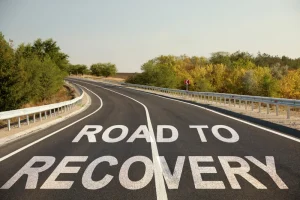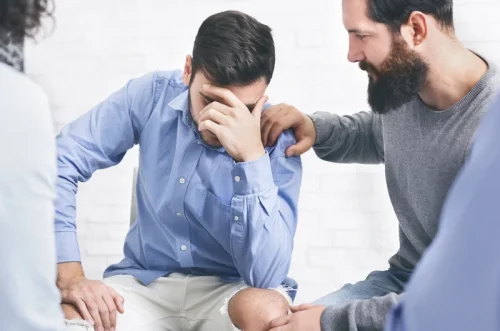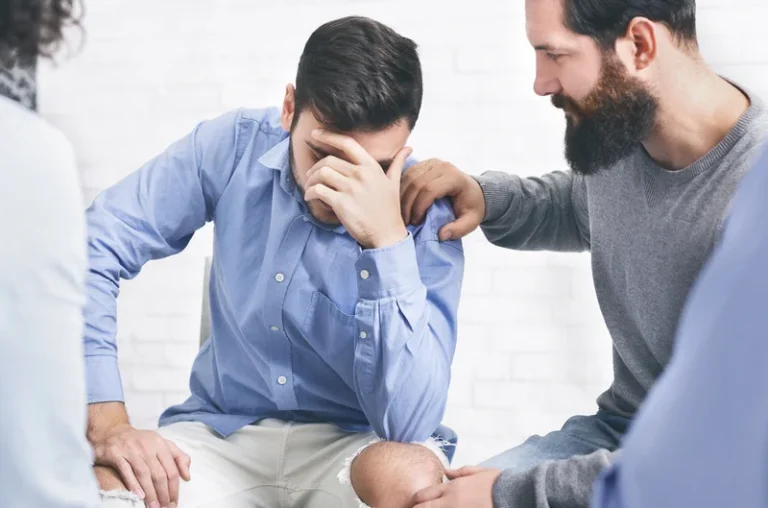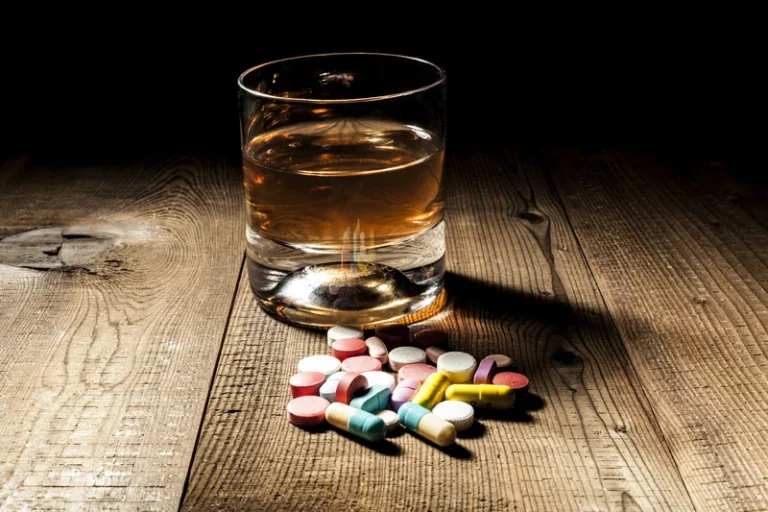Alcohol and Depression

This is significant, as depression affects about 280 million people globally. Alcohol allergy and intolerance can result in similar symptoms but are caused by different underlying factors. An immune response causes alcohol allergy, whereas the digestive system is responsible for alcohol intolerance. Alcohol delays and suppresses or limits rapid eye movement (REM) sleep and may cause you to wake up, resulting in poor-quality, lighter sleep and less time in restorative deep sleep. While naps can be effective in boosting your energy, they can also reduce your build-up of sleep pressure throughout the day.
Medication

By stimulating these two regions, alcohol can make you feel more relaxed, confident, at ease, and positive overall. If you’ve ever drank alcohol to escape feelings of depression, however, you’ve probably noticed these feelings don’t last. In fact, as the effects of alcohol recede, you may actually feel more depressed.
What causes depression and alcohol use disorder?

Robbed of cortisol, your mood can take a dive while your irritability increases. And the same lines of research reveal that people living with depression often have serious folic acid deficiencies (Cooper & Bolander-Gouaille, 2005). Feeling lonely and sad, he started drinking whiskey on weekends to chase away the loneliness.
The risks of being a night owl

This means you will feel less of alcohol’s perceived benefits over time, causing you to drink more. Long-term exposure to depressants increases your risk for depression. Contrary to popular belief, alcohol is a depressant — not a stimulant. Alcohol’s stimulant-like effects only appear does alcohol make depression worse when you start drinking. Ria Health is one program that strives to make this approach easier to access. We offer both medication and coaching for alcohol addiction via telemedicine.

Address negative feelings when they come up
- People may turn to alcohol as a way to cope with mood problems, but drinking alcohol can also contribute to symptoms of depression.
- According to Kennedy, for those taking antidepressants, combining them with alcohol can reduce their efficacy.
- In addiction treatment, this term highlights how mental health and substance abuse can fuel each other.
- These include serotonin, dopamine, and gamma-aminobutyric acid (GABA).
- Many of us have been there — after a bad day or a stressful event, it’s not uncommon to turn to a glass of wine to take the edge off.
Watch out for alcohol dependence and alcohol withdrawal symptoms. Frequent hangovers and increasing alcohol consumption may also indicate alcohol abuse. Removing alcohol from the equation often equals removing a coping mechanism. If you’re also struggling with depression, having experienced peers or a trusted professional to talk to can make a big difference. A therapist or recovery coach can help you learn new ways of managing cravings and difficult emotions, while joining a group can make you feel marijuana addiction less isolated.
- You might experience one after a few hours of your last drink as your blood alcohol drops.
- It is more likely to worsen a negative mood state, along with the person’s physical health.
- So, why is being a night owl linked to these traits and experiences?